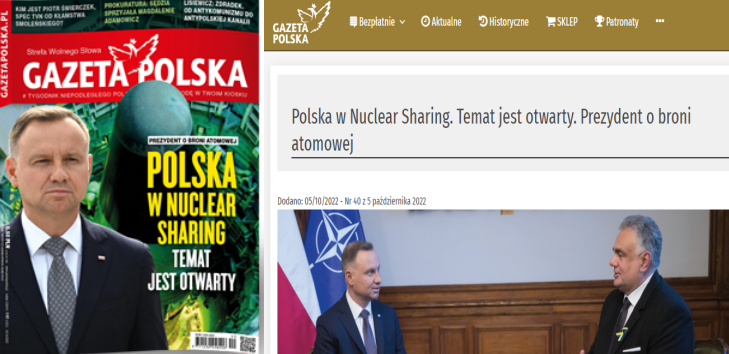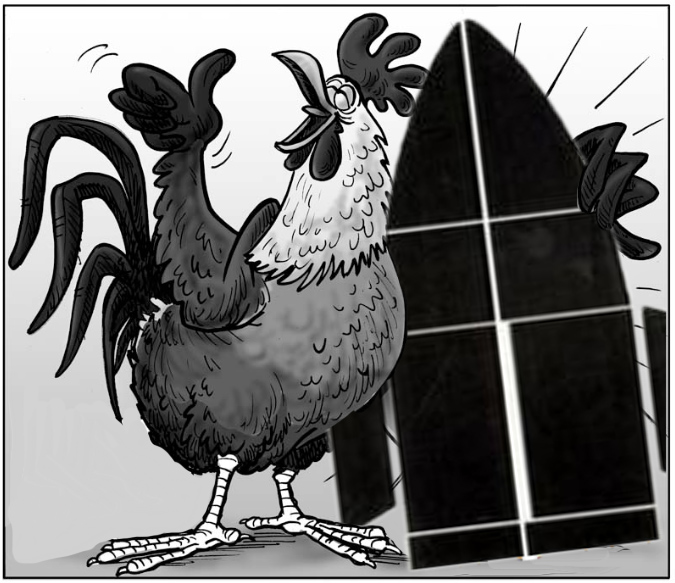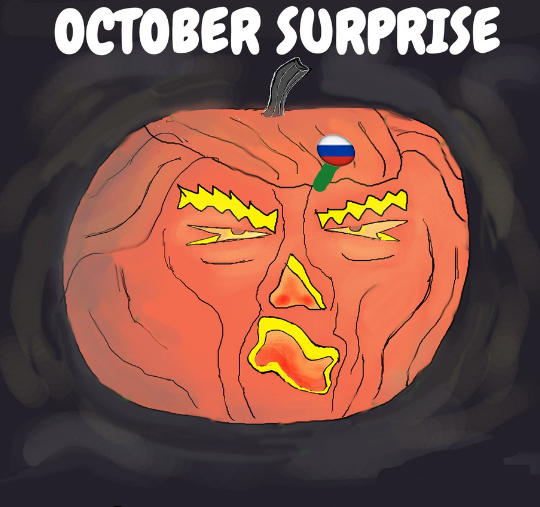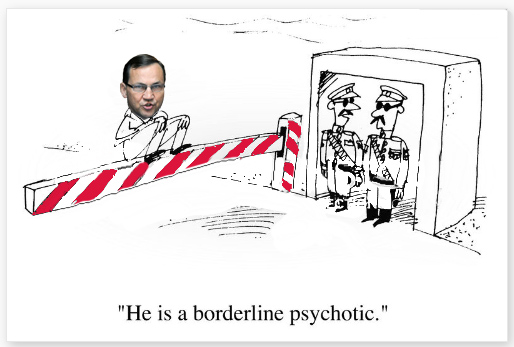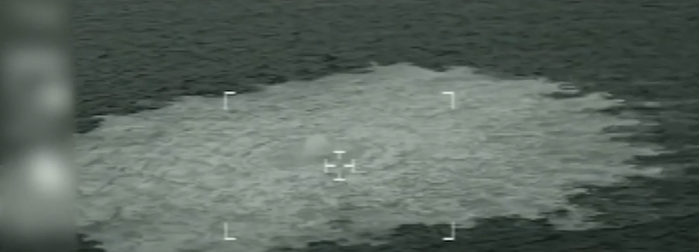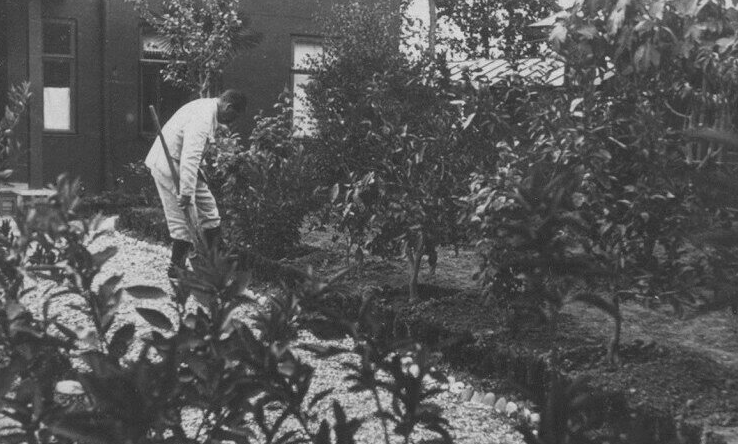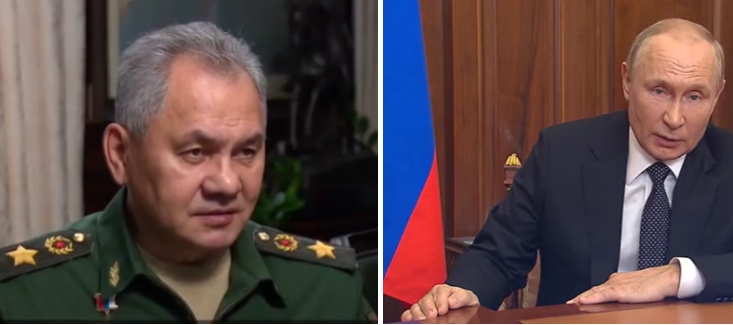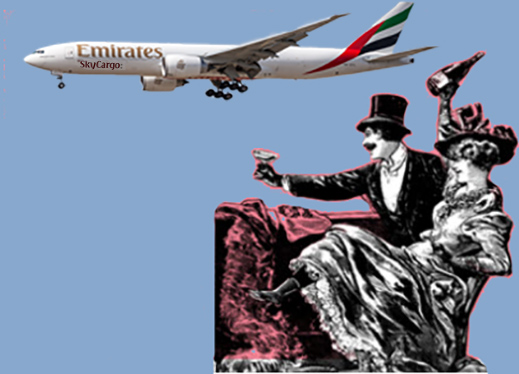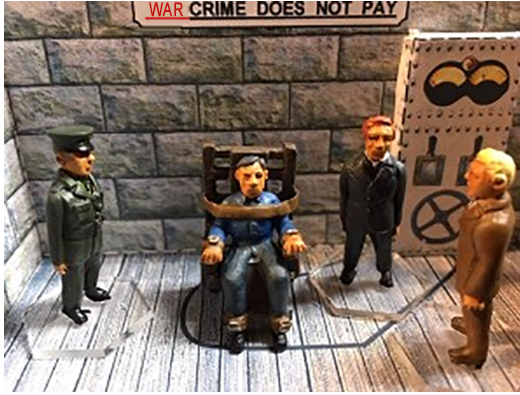

By John Helmer, Moscow
@bears_with
In the propaganda war the Ukrainian-supplied western media, led by Rupert Murdoch’s newspapers, have just announced the discovery of a box of gold teeth “in a suspected [sic] Russian torture chamber, prompting claims [sic] they were wrenched from victims [sic] of President Putin’s occupying forces in Kharkov [sic].”
They are concealing that the Ukrainians of Kharkov whose teeth are fully intact inside their mouths can no longer operate their electric tooth brushes. There’s no electricity. Not for torture. Just enough for the allegations to be fabricated, published, and transmitted on the internet.
According to Ukrainian sources, about 1,700 cities, towns and villages, with about 1 million consumers, were without power in mid-March; the most seriously affected were the regions of Sumy, Chernigov, Nikolaev and Donetsk. On May 3, Ukrainian and western media reported a missile strike against power plants in the western Galicia region capital of Lvov; sub-stations supplying electricity to the railway system in the region were also hit. The biggest of the Russian attacks on Ukrainian electricity plants was reported in the western press, again quoting Kiev sources, on September 11-12. Power plants in Kharkov, Sumy, Poltava and Dnipropetrovsk regions were stopped.
A report by the International Energy Agency (IEA), issued on October 6, confirms there was a sharp fall in consumer demand for electricity following these attacks; this appears as a gap in the data chart between September 11 and 13. Kiev officials claim that the generating plants were repaired and power restored. The IEA report, which relies and repeats data provided by the state utility Ukrenergo, claims that just before the Russian strikes, demand was running at 9.07 GW on Saturday, September 10, and that by the following Tuesday it was 13.56 GW.
According to the IEA, “Ukraine’s electricity demand has fallen by about 40% since Russia’s invasion with no sign of recovery. Demand keeps decreasing slowly every week. The resulting decline in power generation has mainly taken place in nuclear. But coal-fired generation has also decreased.” An IEA chart of power generation figures shows that from a peak of 21.87 GW on January 25, the production of electricity reported on October 5 had fallen to 11.41 GW – a cut of 48%.
However, the same IEA report claims that since a low point was reached on June 26 of 9.13 GW, Ukrenergo has also been managing to restore output by 25%.
A North American military specialist in infrastructure demolition and salvage, now retired, says these data are being faked by Ukrenergo. “The Russian strikes also interrupt data recording and reporting. The Ukrainians are not too keen to show weakness as they are anxious to be seen as a reliable supplier of electricity.”
Slowly but surely, but also secretly, the war is destroying the electric generation on which the Ukraine depends for everything – trains, water pumps, sewage treatment, light, heat, mobile telephones, refrigerators, radio and television, not to mention production lines in factories, in abattoirs, sausage making and other farm and food processing.
However, there remains electricity for the Ukrainian military operations to continue on the eastern front, and for cross-border trains to run into Lvov from Poland with fresh arms, ammunition, and rotating allied military staff advisers, together with NATO politicians and journalists keen to advertise their support.
In the wake of the attack on the Crimean Bridge, the electric war can now be expected to escalate.
(more…)
